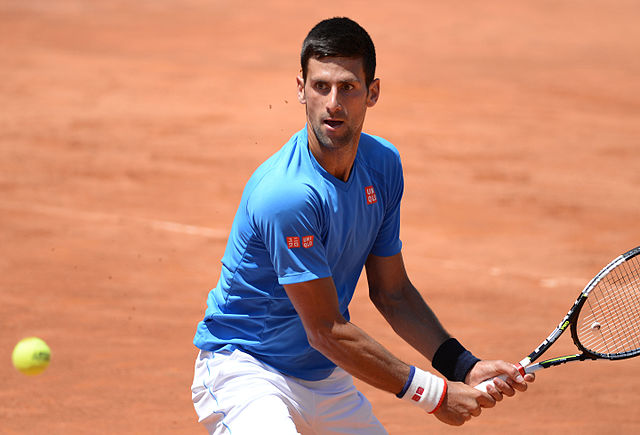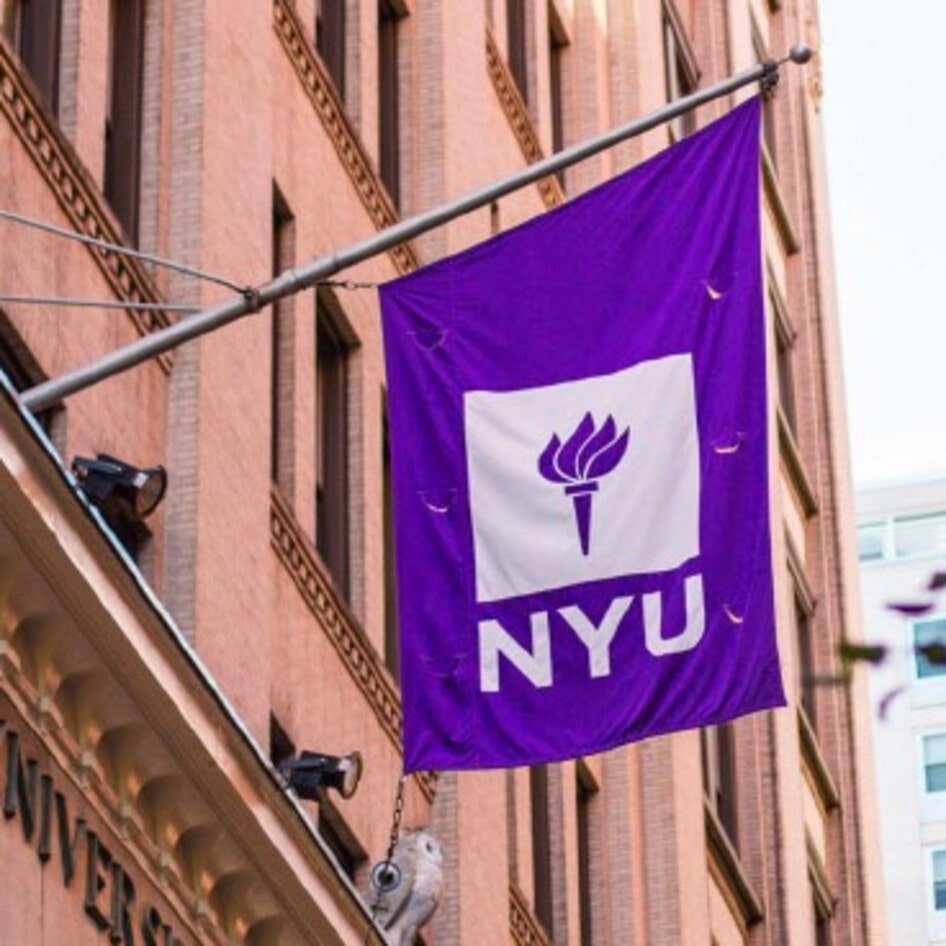The US Open is committed to serving up more plants. The popular tennis tournament has accepted the New York City Mayor’s Office for Food Policy’s Plant-Powered Carbon Challenge, which means it will reduce its food-related carbon footprint by 25 percent, with the help of more plant-based foods.
New York Mayor Eric Adams first launched the Plant-Powered Carbon Challenge in April of this year, after the city’s first integrated greenhouse gas inventory found that the production and consumption of food are responsible for 20 percent of New York City’s emissions. The challenge aims to “harness the power of the private sector” to improve the city’s carbon footprint.
As well as the newly committed US Open, other organizations have committed to the challenge including Aramark, Columbia University, and the New York Botanical Garden.
All are transitioning their menus to include more plant-based foods in place of animal-derived ingredients. Animal agriculture is a leading contributor to the climate crisis—it is responsible for most of the world’s deforestation, and it accounts for 14.5 percent of global greenhouse gas emissions. For context, aviation is responsible for around 2.5 percent.
“In order to tackle the climate crisis, we need to take control of our plates,” Adams said back in April. “We’re committed to doing our part as a city, but we can’t do it alone. Our Plant-Powered Carbon Challenge partners are stepping up to cut down on their food-related emissions, create a more sustainable food system, deliver nutritional equity and food justice for all, and make New York City healthier and greener.”
 Wikimedia Commons
Wikimedia Commons
The US Open works to reduce its carbon footprint
The US Open has long been committed to reducing its carbon footprint. Since 2008, it has worked with sustainability consultants to reduce its emissions by more than 167,900 tons and diverted more than 8,700 tons of waste from landfills.
The sporting event has also helped to convert nearly 1,000 tons of food waste into compost and donated more than 240 tons of food to local communities.
“New York City is leading the way in reimagining our food system, and we’re grateful to our partners for taking a leading role in building a more sustainable future.” —New York City Mayor Eric Adams
Right now, several eateries at the US Open serve plant-based food, including Korilla BBQ, Eataly, The Migrant Kitchen, and the US Open Club, but this will steadily increase as part of the tournament’s new commitment. It has pledged to reduce its food emissions by 25 percent by 2030.
“The US Open is leading the sports industry in building a sustainable food system for New York City,” Kate MacKenzie, the executive director of the Mayor’s Office of Food Policy, said in a statement.
“As the effects of climate change become more prevalent, it’s putting athletes and many of our favorite sporting events at risk,” she continued. “That’s why we need to draw down our greenhouse gas emissions, starting with food. We are proud to partner with the US Open in their efforts to reduce their food-based emissions through delicious, plant-powered meals.”
Several tennis players are already advocates for plant-based eating. Venus Williams, for example, who has won seven Grand Slam Singles titles, follows a predominantly plant-based diet, and so does the world’s current No. 2 tennis player, Novak Djokovic.
 Olympics
Olympics
Sporting events embrace plant-based food
The US Open is not the first sporting event to prioritize plant-based food for sustainability. The recent 2024 Paris Olympics made a concerted effort to offer athletes and spectators more plant-based options than ever before.
“We’re in France, so food is important,” Georgina Grenon, Paris 2024’s environmental excellence director, said earlier this year. “But it is about presenting another way to eat deliciously, even in a fast-paced way, like vegetarian hamburgers and hotdogs at a stadium.”
The event also saw 200,000 new trees planted around Paris, as well as new cycle lanes installed and extra public transport laid on for millions of fans across the city.
But in New York City, the US Open is the first sports entity to accept Adams’ food sustainability challenge. “We know it’s the right thing to do for the planet,” Brian Hainline, US Tennis Association (USTA) President and Chairman of the Board, said in a statement.
“We know that it’s going to improve the health of everyone who lives on this planet, and that’s important for the USTA and the US Open,” he continued. “Our mission is to inspire healthier people and communities everywhere. We do that through our great sport, the healthiest sport on the planet, and we do it by working with the mayor’s office.”
For more plant-based stories like this, read:
JUMP TO ... Latest News | Recipes | Guides | Health | Subscribe









